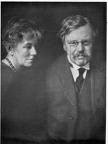Founder: Professor Dietrich von Hildebrand
Summer Symposium
Gardone Riviera, Italy
Twenty-Second Gardone Riviera Summer Symposium
&
Second International Catholic Christendom Congress
1914-2014:
Have We Learned Anything
From This “Hundred Years’ War”?
(11 nights)
Summer 2014 marks a tragic centennial: that of the beginning of the First World War. Far from being the “War to End All Wars” and the “War to Make the World Safe for Democracy”, this terrible conflict proved to be the precursor to another worldwide conflagration, the torments of the Cold War in Europe and Asia, and the evils afflicting the contemporary Middle East, Africa, and Latin America. Not only did it serve as the vehicle through which every possible form of ideology stemming from modern naturalism was finally given the opportunity to wreak its havoc throughout the globe. It also seems to have led to the worldwide triumph of the hedonistic, “freedom-loving” culture of the so-called “Moderate Enlightenment”, as well as the oligarchies that define what “liberty” is allowed to mean by John Locke and his ilk.
Historians have done yeoman service indicating all the many particular causes responsible for igniting the “Guns of August”. Nevertheless, the Roman Catholic Church, whose teaching authority and greatest thinkers had warned about the coming disaster for many decades before 1914, understood best of all what the underlying intellectual and spiritual reasons for the senseless slaughter ultimately were. These fundamental grounds of the cataclysm were nothing other than that understanding of life as a jungle “warfare of all against all”, arising out of the heterodox vision of fallen mankind as a “totally depraved” species. By the twentieth century, this twisted vision had translated into all manner of political, economic, and even biological ideologies based upon the need for “struggle”, open and masked, as the key to Progress. In short, the Church understood that war came because modern man was “spoiling for a fight” in a myriad of different ways.
The Church had a clear idea of what was wrong in 1914. Does she still have such a lucid judgment in 2014, or has she herself been influenced by the evils against which she once so brilliantly fought? Have her children proven to be capable of passing on her wisdom to the world at large? Is the secular world in any way more receptive to her message as this “Hundred Years’ War” moves into its second century? It is to these basic questions that the faculty of the Twenty-Second Annual Gardone Summer Symposium and the Second International Catholic Christendom Congress will turn its attention. The cost is 2,100 Euros (£Stg 1,708.95 at the present exchange).
More precise information regarding application and potential scholarships should email the Roman Forum as soon as possible (drjcrao@aol.com).
Participation is limited. There are only fifty places available.
Academic Schema for Sixteen Lecture Program
I. Huis Clos: The Unchanging Character of the Modern “Dead End”
“Enlightened” Modernity and the Triumph of the Will; One Hundred Years of Appeal to “Vital Energy”, “Action”, and “Success” as the Guide to Individual and Social Life; The Systematizing of Original Sin and Conflict as Fundamental Pillars of Political, Social, and Economic Order.
II. Repetitive Catholic Temptations
Co-Option of the Church by the “Energizers” of Philosophy and Theology; Co-Option by the Liberal Capitalists and the “Party of Order”; Co-Option by the Radical Left; Co-Option by the Secular Right; Co-Option by the Nationalists and Globalists.
III. The Catholic “Fifth Columnists”
The Siren Call of the “Catholic Party”; Conservatives and the Stifling “Catholic Clubhouse Mentality”; “Worker Priests” and their Manifold Heirs; Clericalism: Voila l’Ennemi?
IV. Journey to the End of the Night: Predictable Consequences
Modernism Triumphant — Willful Theologians and a Willful Clergy; A “Willful Church in a Willful State”; The Savaging of Education; The Victory of the Esoteric; A Complexio Oppositorum?; Let the Strongest Faction Triumph! The Varied Forms of Dictatorship of a So-Called Free World; Cannon Fodder: From ‘Democratic’ Army to Praetorian Guard; Death on the Installment Plan: Pluralist Materialism and the Progressive, Unperceived Growth of Indifference to Truth, Goodness, and Beauty.
V. Have Catholics Learned Anything From the Conflict?
Returning to the Roots to Learn How to Fight Another Day; Saving Sacred Scriptures, Philosophy, and Theology From Mindlessness and Modernism; The Difficult Battle for the Liturgy From the Age of St. Pius X to that of Evangelii Gaudium; Politique d’abord? Taking Practical Arms Against a Sea of Troubles — Without Being Seduced by Our own Weapons; Saving the Real Nation From Ideological Nationalism and Militarism; From Nation-State to Commonwealth: Political Possibilities of the 21st Century; The Reality of Global Migration and the Future of the Catholic Church: Can Christendom’s Revival Come From ‘the Outside’? Flight From the Catholic Clubhouse Into the Fullness of Catholic Culture; The Continued Importance of Catholic Devotional Life; What to think of Radical Orthodoxy and its Variants; Neo-Catholics: Are they a Machiavellian or a Psychiatric Problem?
Faculty, Clergy, Musicians
Dr. Miguel Ayuso Torres (University of Madrid)Rev. Mgr. Dr. Ignacio Barreiro Carámbula (Human Life International)
James Bogle, Esq. (President of Una Voce International; Author, A Heart for Europe)
Andrew Cichy (Musical Director, Merton College, Oxford)
Dr. Danilo Castellano (University of Udine)
Rev. Bernard Danber, O.S.A.
Professor Roberto de Mattei (European University, Rome)
Bernard Dumont (editor, Catholica, France)
Christopher A. Ferrara, J.D. (President, A.C.L.A.)
Rev. John Hunwicke (Personal Ordinariate of Our Lady of Walsingham)
Michael J. Matt (Editor, The Remnant)
Professor John Médaille (University of Dallas)
Rev. Dr. Richard Munkelt (University of Fairfield)
Dr. John C. Rao (St. John’s University)
Dr. Thomas Stark (Philosophisch-Theologische Hochschule, Austria)
Daily Program
Each day involves two lectures (morning and pre-dinner), and Sung Mass in the Extraordinary Form (Tridentine Mass) at noon. There are no lectures on Sundays. Musical and theatrical entertainments take place in the garden of the Angeli and in the Piazza dei Caduti in the evenings after dinner. Specific schedule of lectures to come.Cost
The full cost of the Gardone program in a double occupancy room is €2,100 (euros) or £Stg 1,708.95. This includes: tuition, room and board (very ample breakfast and dinner with wine, beer, and other beverages at will; all gratuities also); transportation from and back to Malpensa Airport in Milan; and a boat excursion on Lake Garda. Single rooms are extra, their price depending upon the room concerned. A number of full and partial scholarships are available. Preference for scholarships will be given to professors, students, clergy, and seminarians.Nevertheless, anyone who genuinely cannot afford the full tuition and believes himself to be a worthy candidate for assistance may apply.
Accommodations and the Setting
Accommodation and lectures for the Gardone program are at the Locanda agli Angeli and the Hotel Villa Sofia on Lake Garda, in the foothills of the Alps in northern Italy. Rooms are mostly doubles, with bath. A limited number of singles is also available. Both hotels are located in Gardone Sopra, a ten-minute walk from the lakefront, where free, clean beaches with a number of amenities can be found. They offer beautiful swimming pools and gardens on their premises. Meals are taken at the Angeli and at other trattorie several minutes walk away. Mass is in the parish church, also within walking distance. Arrangements to arrive earlier or stay later, at additional cost, may be made through the director.Gardone is within easy traveling distance of Verona, Venice, Trent, Brescia, Milan, Ravenna, Pavia and Padua. In years past, participants have rented cars to tour the area, taken private and more extensive boat trips on the lake, attended the opera in Verona, and even ventured as far away as Florence. The region offers opportunities not only for swimming, but for hiking, biking, boating and scenic walks as well. The lectures are scheduled in such a way as to allow time for recreation and sightseeing.
Transportation
Transportation to Italy must be arranged privately. Two shuttles (morning and afternoon) to Gardone will be provided from Malpensa airport only on June 30th, and one back to Malpensa on July 11th.Participants arriving and leaving at different times or arriving at and leaving from different airports are responsible for making their own arrangements for getting to Gardone.
Gardone can be reached by shuttle from the airport to Milano Centrale (50 minutes), train to Brescia (50 minutes) and bus to Gardone Riviera (50 minutes), or by taxi from the airport (which can be very expensive and is best arranged through the Forum).
Application
Applications can be e-mailed (drjcrao@aol.com) or sent by post. First time applicants only must include name, address, telephone number, e-mail, date of birth, occupation, academic degrees attained or pending, and the names and phone numbers of two references. Application should be made as soon as possible as there are only fifty places available.Payment
A non-refundable deposit of £Stg300 will secure one’s reservation. Once again, space is limited, so it is advisable to send this in as soon as possible after acceptance. Payment of the remaining fee, equivalent to 2,100 euros as of May 15th, 2014, must be made no later than June 1st, 2014. After that date, payment must be made in cash in Gardone. We have no means of handling checks in Italy. Deposits and all other payments must be made out to the Roman Forum and mailed to Dr. John C. Rao, 11 Carmine St. Apt. 2C, New York, NY 10014.Final Notes
Seminar participants must eventually send us both their arrival and departure information. It is also important to let us know if you wish to arrive earlier or stay later than the scheduled symposium dates (at extra cost). We would appreciate this information by June 20th, by e-mail. A representative of the Roman Forum will meet participants at their arrival gates. Should the contact person not be found, please look for the bus driver holding a sign saying Molinari Agency, Gardone Riviera. His cell phone number will be sent to you by e-mail just before the departure date. In case of trouble, telephone the Locanda agli Angeli (from the USA, 011-39-0365-20991; from Italy, 0365-20991).Barring the unpredictable, the weather should be sunny and quite warm/hot. We are in the foothills of the Alps, however, so one may need a sweater or light jacket for dining and sitting outside in the evening. Please also bring a light poncho or some other form of protection from a shower. If you do enjoy swimming and hiking, do not forget a bathing suit and good walking shoes. Tennis courts are available for use nearby. Access to the internet is available from the Angeli, the Villa Sofia and the café-restaurant La Taverna (the latter in the main square at Gardone Sopra, two minutes away from the Angeli). There at ATM machines just outside the Angeli, and at the Banco di Brescia, a short distance away from the Villa Sofia.
Gardone’s greatest difficulty is laundry. There is no laundromat in the village. Someone does stop by every day to pick up any laundry that needs to be done, to be returned the next day. Under normal circumstances, laundry costs are expensive in Italy. With the dollar-euro exchange what it now is, it may be the greatest expenditure of your trip. There will be a general orientation at cocktail hour on Monday, June 30th at the Angeli. A schedule of masses, as well as information about the Sunday boat trip and excursions during the week will be handed out at that time.
Please consider giving a tax-deductible donation to support the attendance of a speaker, a member of the clergy, a seminarian, or a student. A special thanks for support of this conference to the health care professionals at I-DOhC.
Mail all applications and send donations to:
Dr. John C. Rao, Director
The Roman Forum
11 Carmine Street, # 2C
New York, NY 10014
Or e-mail to drjcrao@aol.com. The Roman Forum
11 Carmine Street, # 2C
New York, NY 10014

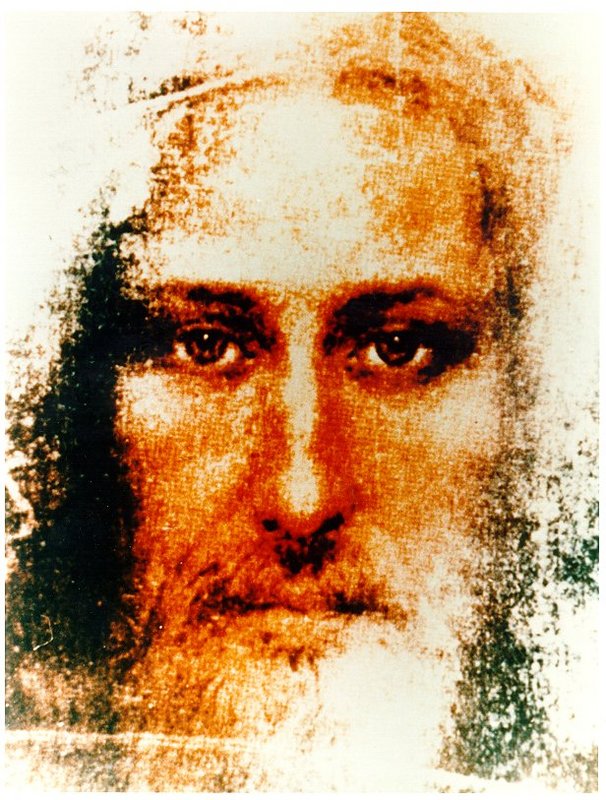



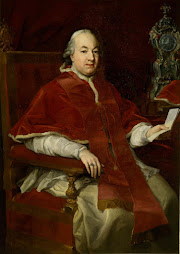

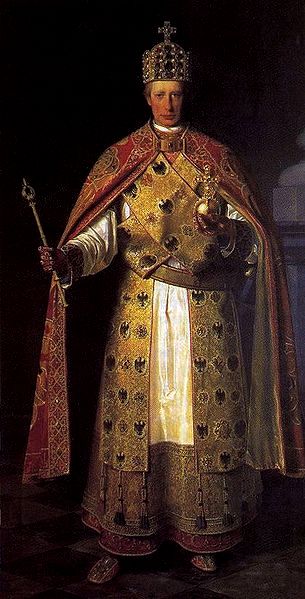




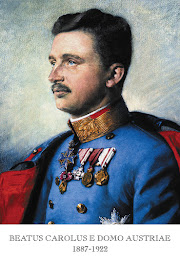

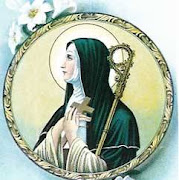


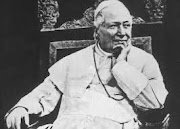
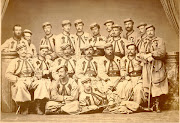
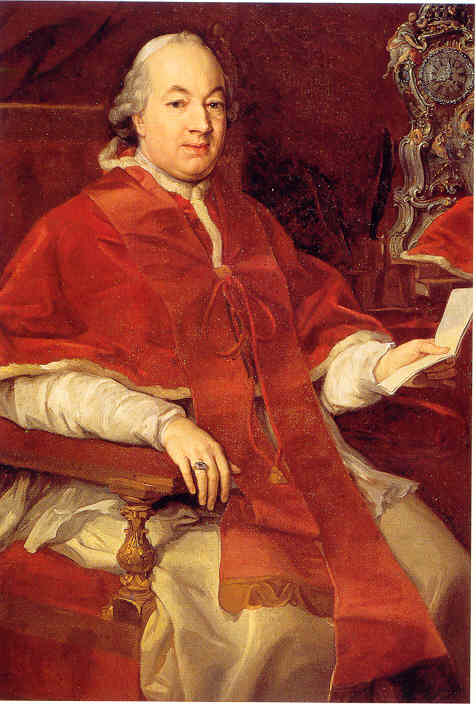
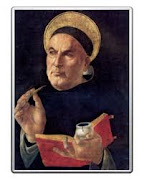



_-002.jpg/220px-Circle_of_Anton_Raphael_Mengs,_Henry_Benedict_Maria_Clement_Stuart,_Cardinal_York_(ca_1750)_-002.jpg)
